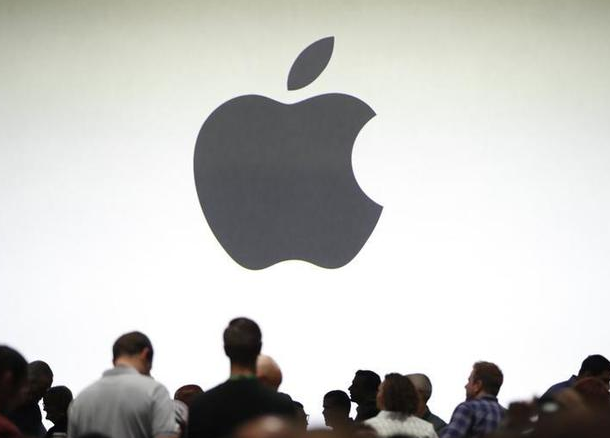Qualcomm Requested That Parts Of iPhone and iPad To Be Banned
Author:OMO Release Date: 2017年7月7日
Qualcomm asked the US International Trade Commission (hereinafter referred to as "ITC") in the US part of the ban on the supply of chips by Intel iPhone and iPad, because these products violated the company's six patents.
This will further expand the legal dispute between Apple and Qualcomm. Qualcomm also filed a lawsuit with the federal court in California on Thursday for claims in cash.
Qualcomm also supply chips to Apple, the company said that their six patents can help equipment without increasing the power consumption of the case to achieve good performance.

Apple responded to the incident to produce a statement earlier with Qualcomm's dispute, the company was accused of using Qualcomm for its use of its chip equipment unfair "tax".
Qualcomm in the complaint submitted to the ITC asked the ban on the use of non-Qualcomm subsidiary supply cellular baseband processor iPhone. Qualcomm did not explicitly mention Intel, but Intel from the iPhone 7 for some iPhone supply chip.
Qualcomm has not yet accused Intel's chip infringement of its patents, but does accuse Apple in the iPhone in the deployment of these chips suspected of infringement. Intel declined to comment.
US investment bank Bernstein analyst Stacy Rasgon said that ITC's lawsuit usually takes 16 months to give a conclusion, so the case is unlikely to affect the 10th anniversary of Apple's release this fall IPhone. "I do not think this will bring too much short-term pressure on Apple," said Raskon.
On Qualcomm in accordance with the overall price of mobile phones to collect royalties, as a condition for enterprises to provide the practice of modulation and demodulation chip, Apple and Qualcomm have been there are differences.
ITC is a hot channel to resolve patent disputes because their processes are relatively fast and are more likely to ban a product in the US market than federal courts.
The hostilities between the two companies broke out in January, when the US Federal Trade Commission (FTC) sued Qualcomm and accused the company of using "anti-competitive" strategies to keep its key semiconductor components Monopoly position.
FTC and the US Department of Justice are responsible for the implementation of antitrust laws, the agency said, Qualcomm uses its dominant position as a specific chip supplier to the mobile phone manufacturers to impose "heavy" supply and licensing terms, and weaken the competitors.
A few days later, Apple launched a $ 1 billion lawsuits against Qualcomm, accusing it of charging the chip for too much a fee, and because Apple and South Korean antitrust regulators were communicating with Qualcomm's investigation, and deducting the promised return.
Qualcomm at the same time for Apple and Samsung Electronics supply modem chip, this chip can help mobile phone access to wireless networks.
Reference: Networking Solutions and Embedded Computers
